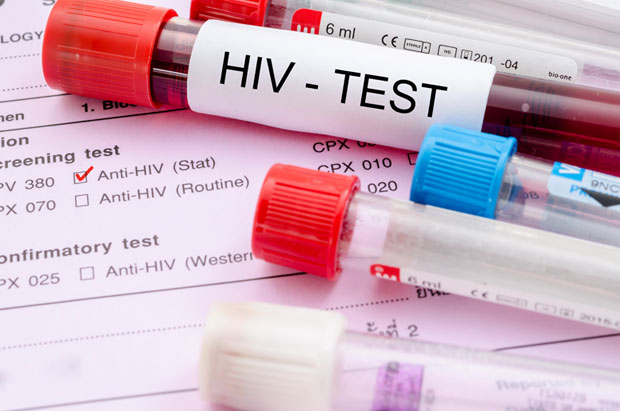South Africa is playing a leading role in HIV vaccine research.
As the world observes World AIDS Day on 1 December, South Africa will reflect on the great strides made in reducing the spread and impact of the epidemic.
In line with this, South Africa has started ground-breaking HIV vaccine trials to fight the disease.
Speaking in Parliament recently, Deputy President Cyril Ramaphosa said the HIV vaccine trials are a major boost to the fight against AIDS.
“This vaccine trial is regarded by many as the most scientific study in the world on HIV.
“But what is significant about it, is that it is led by South African scientists in almost all aspects of this research,” he said. 
The Deputy President said the research and the trial of the HIV vaccine will enrol 4 500 HIV-negative South Africans between the ages of 18 and 35 in 18 sites across the country.
He said the research will be done under the strictest ethical standards for scientific research over a period of 20 months.
Half of the participants will receive five doses of the vaccine, while the remaining 2 250 will receive a placebo.
“The participants will be followed up for three years to ensure the efficacy of the vaccine.
“The estimated cost of the trial is around R135 million and it is being done in partnership with private sector players and the public sector,” he said.
The first trial using a similar vaccine was completed in Thailand seven years ago and reduced HIV transmission by 39 percent.
“In our trial, scientists expect the vaccine to be at least 50 percent effective but hope that it will be much more than 50 percent.
“The leading role that South Africa is playing in vaccine research is the result of ongoing investment in HIV vaccine development over many years,” he said.
How the programme will be funded
The Deputy President said in 1999, a programme called the South African AIDS Vaccine Initiative was established with funding from the departments of Health and Science and Technology (DST), with the support of development partners in the private sector.
He said the initiative has done much to lay the ground work for the current trials that government has embarked on.
“Today, all government funding for HIV vaccine research is channelled through the South African Medical Research Council.
“These include earmarked funds from National Treasury and funds from the DST.”
He added that the total investment into the vaccine is around R35 million for 2014/15 and R31 million for 2015/16.
In addition to this, the research has received support from the private sector, with the US National Institute of Health contributing more than R1 billion.
He added that the HIV vaccine will become the most effective prevention method to reduce HIV infections. The results of the trial will, however, only start coming through in around 2022.
“There is work to be done right now. The start of this vaccine trial gives us great hope but it should never make us complacent,” he said.
He said government has no choice but to increase its global investment in HIV treatment as well as prevention in order to end AIDS by 2030.
“All these great ground-breaking developments are done under the auspices of the SA AIDS Vaccine Initiative.
“The account I have given is testament to the progress we have made against the benchmarks that we set ourselves as we set up the vaccine initiative.”



 Facebook
Facebook Twitter
Twitter WhatsApp
WhatsApp